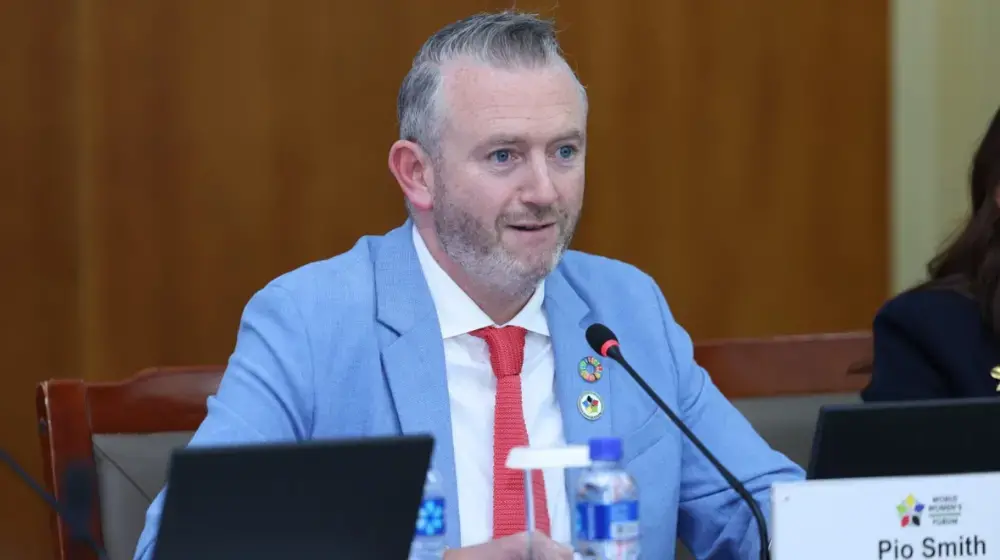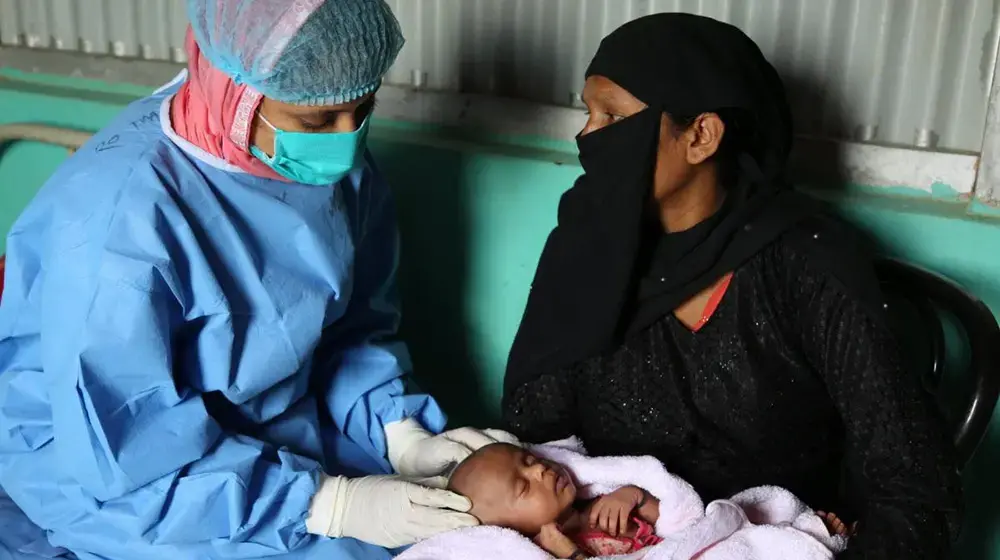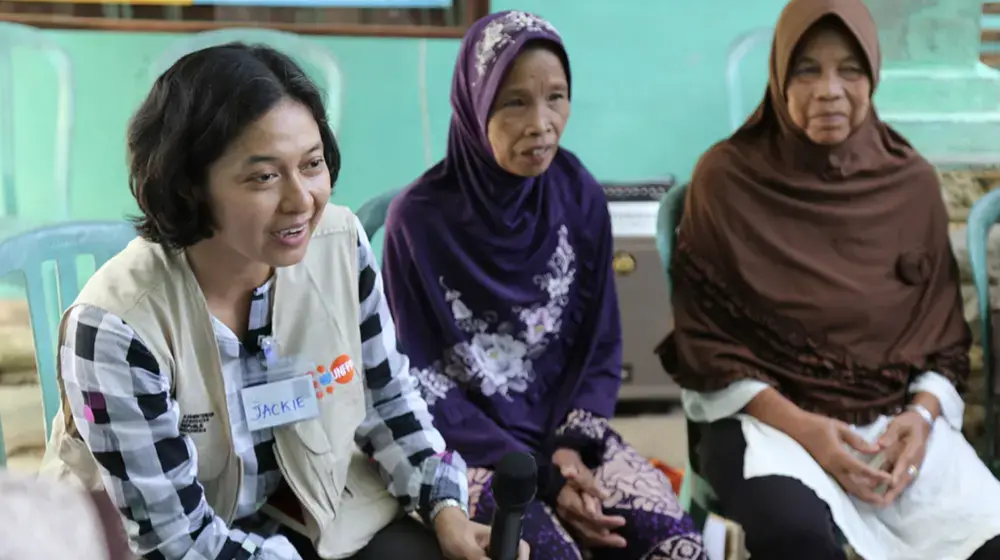This statement is attributable to Pramila Patten, United Nations Under-Secretary-General and Special Representative of the Secretary-General on Sexual Violence in Conflict, and Natalia Kanem, United Nations Under-Secretary-General and Executive Director of UNFPA, the United Nations Population Fund
New York — Based on observations from our recent visits to the refugee camps in the Cox’s Bazar District of Bangladesh, we call on the international community to urgently step up its efforts to help all Rohingya refugees in confronting their ordeal.
We warn of the dire consequences that many of the over 700,000 refugees will face with the anticipated monsoon rains. Flooding and landslides could compound the suffering of these refugees, causing further destruction as they try to rebuild their lives. Urgent efforts are needed to reinforce and upgrade health and other facilities to mitigate the impact of the rainy season and to boost and adapt services for both refugees and host communities.
We are also deeply concerned about reports of women and girls, who have already been subjected to unthinkable hardship, violence and abuse, now facing escalating risks of child marriage, trafficking and gender-based violence. Securing the safety, well-being and dignity of women and girls is – and must remain – paramount. The Office of the Special Representative of the Secretary-General on Sexual Violence in Conflict and UNFPA call for an immediate end to sexual violence during and in the wake of conflict. The survivors of rape and other forms of sexual violence continue to suffer acute physical and psychological trauma, which is often compounded by social stigma and unwanted pregnancy.
UNFPA now has 19 Women Friendly Spaces, providing essential gender-based violence case management, including psychosocial support for survivors, as well as referral for medical and other services. These “shanti khana”, or peace houses, as they are called in the camps, help women and girls to heal and regain their dignity, hope and peace of mind. However, the existing spaces only meet the needs of less than a third of the survivors. More support is needed for the well-being of women and children, and to ensure pregnant women deliver safely. Only a fraction of new deliveries are taking place in health facilities.
The world cannot let the dire needs of Rohingya refugees go unmet. More funding is required to provide food, shelter and essential support to both the refugees and the affected host communities. The Joint Response Plan for the Rohingya Humanitarian Crisis, launched in Geneva earlier this year, requested $951 million to provide life-saving assistance to 1.3 million people. Thanks to the response from the Government and people of Bangladesh, with the support of the international community, life-saving assistance has reached more than a million people. Yet, only 18 per cent of the funding needed for the joint response plan has so far been provided. UNFPA faces a funding gap of $3.7 million for its emergency response to meet the critical health, hygiene and protection needs of Rohingya women and girls through the end of 2018.
We welcome the recent signing of a Memorandum of Understanding between UNHCR, the UN Refugee Agency; UNDP, the UN Development Programme; and the Government of Myanmar. This is a critical first step aimed at creating conducive conditions for the voluntary, safe, dignified and sustainable repatriation of Rohingya refugees from Bangladesh and for helping to create improved and resilient livelihoods for all communities living in Rakhine State.
***
For media inquiries, please contact:
Omar Gharzeddine, UNFPA, New York, Tel: +1 212 297-5028, gharzeddine@unfpa.org; or
Géraldine Boezio, Office of the Special Representative on Sexual Violence in Conflict, New York. Tel: +1 917 367-3306, geraldine.boezio@un.org




